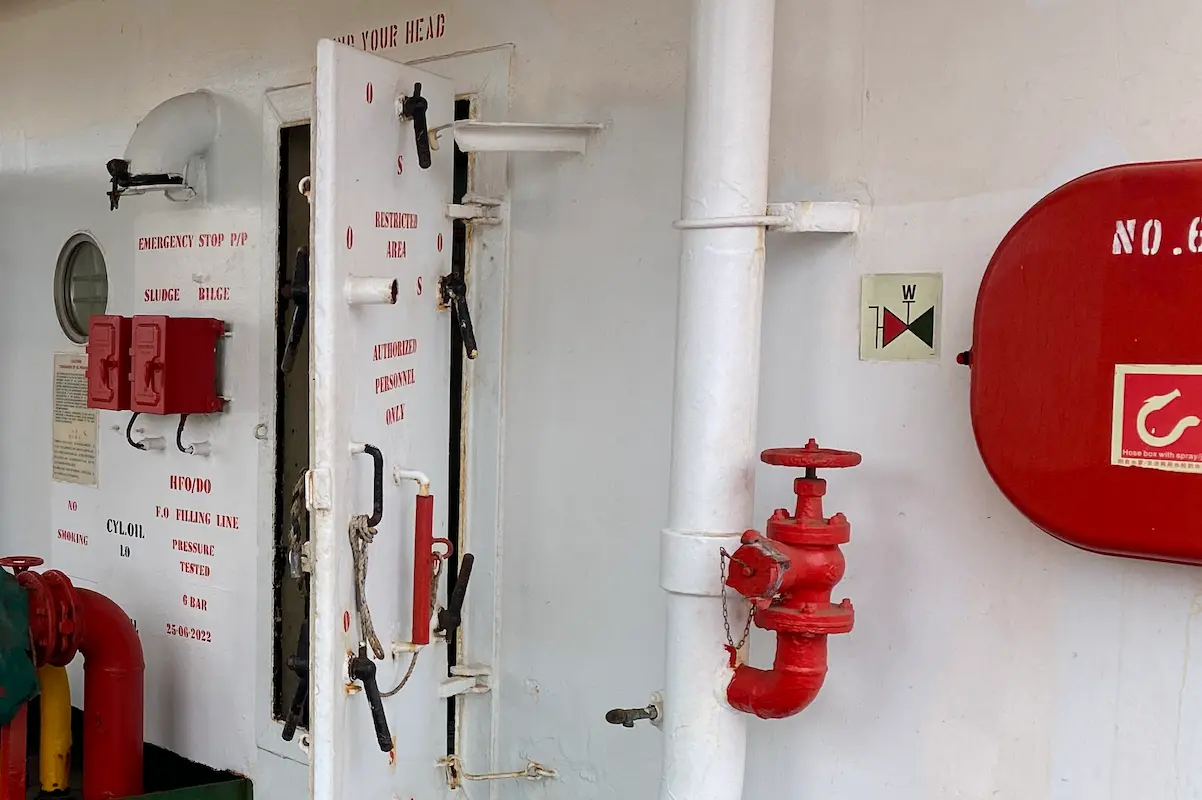
Fire Hose SOLAS Requirements, Regulation 10: Ensuring Maritime Safety
All ships must comply with fire hose SOLAS Requirements outlined in regulations 10, particularly Chapter II-2, Part C “Suspenssion of Fire”.

All ships must comply with fire hose SOLAS Requirements outlined in regulations 10, particularly Chapter II-2, Part C “Suspenssion of Fire”.
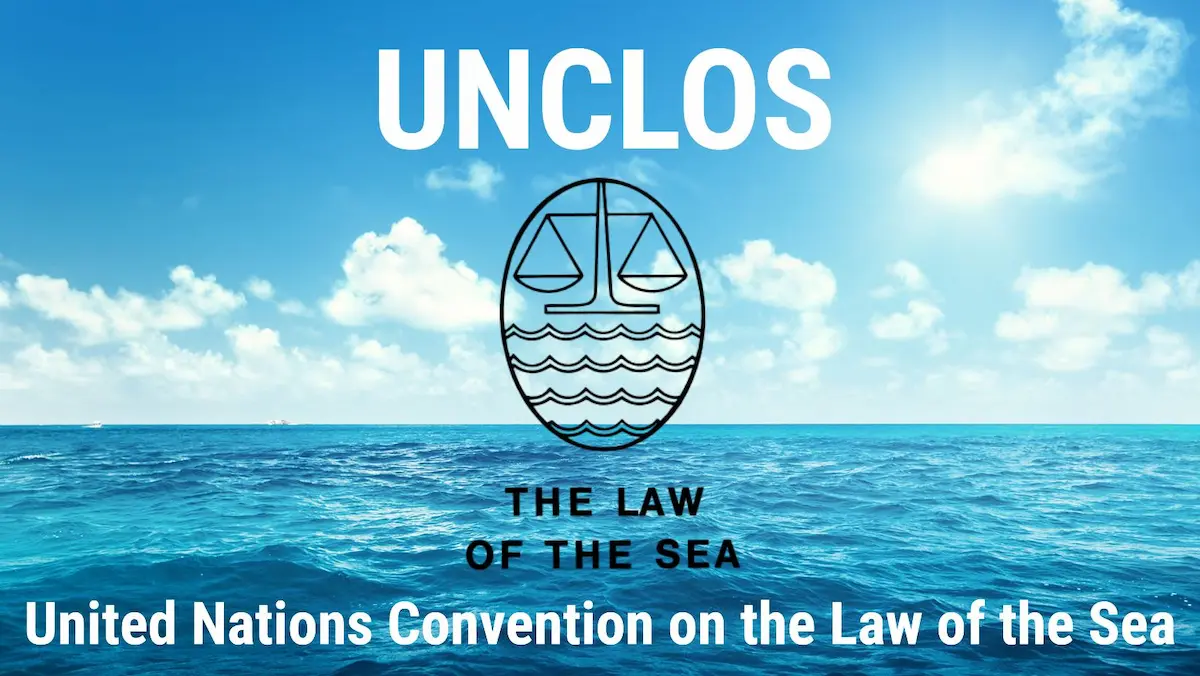
The United Nations Convention on the Law of the Sea (UNCLOS) is a comprehensive international agreement that sets forth the legal framework governing the world’s seas and oceans. It was […]
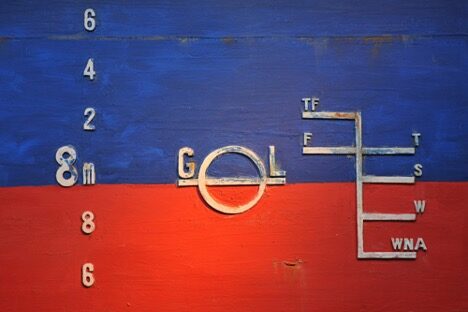
Ship tonnage explains a vessel’s capacity, impacting regulations, fees, safety, and construction—vital in modern shipping for efficiency and compliance.
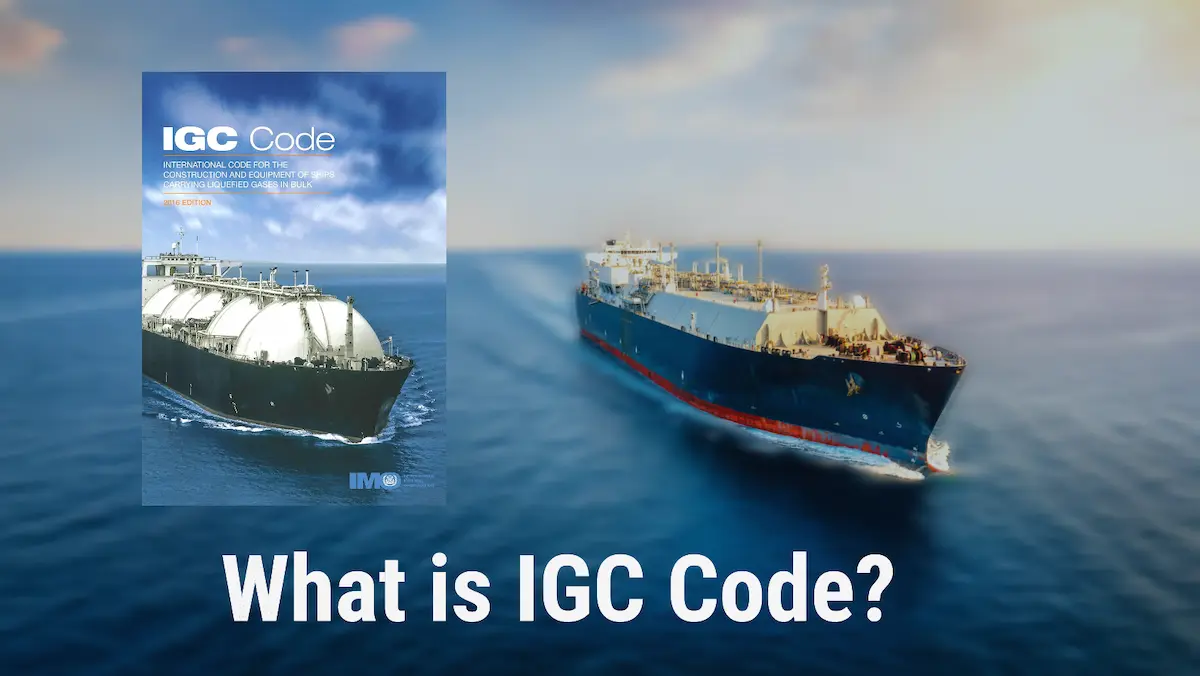
The IGC Code sets international safety standards for ships carrying liquefied gases like LNG and LPG, ensuring their safe transport under strict guidelines.
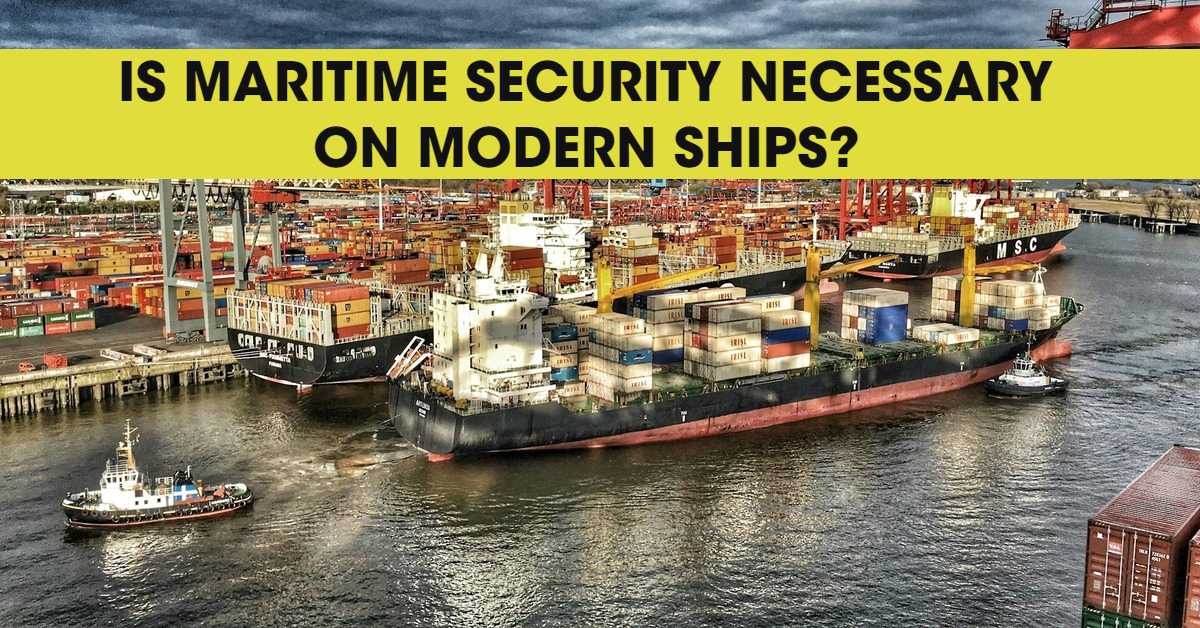
It’s vital for ships to stay vigilant. Isolation from land means having no backup or protection for miles, making them vulnerable to attacks and other threats. Equip modern ships using modern maritime security methods.
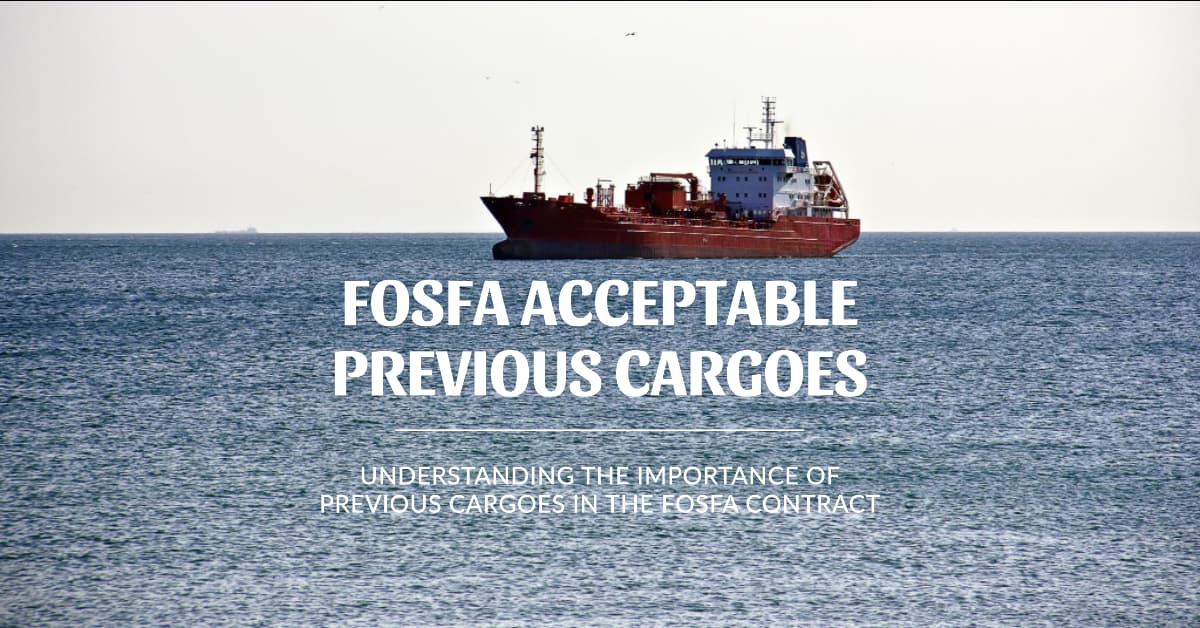
Delve deep into FOSFA acceptable previous cargoes. Uncover best practices, contrasting guidelines, and compliance tips.
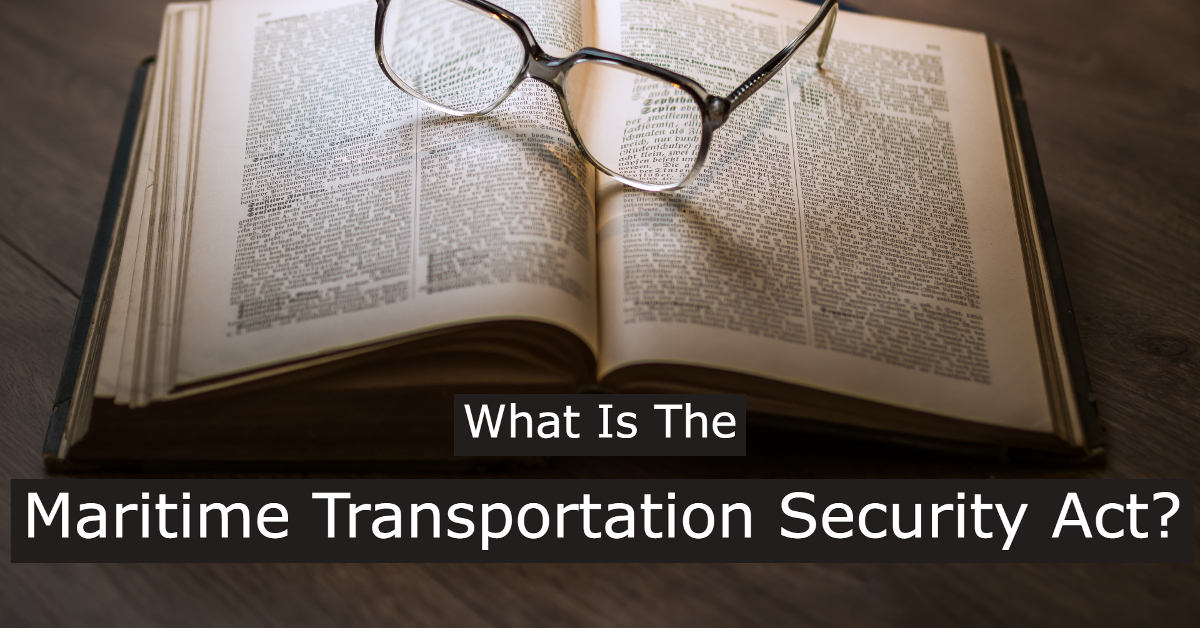
The Maritime Transportation Security Act (MTSA) is arguably the most important legislation regulating overseas travel. The United States Congress passed the MTSA in 2004 and has since made many updates. […]
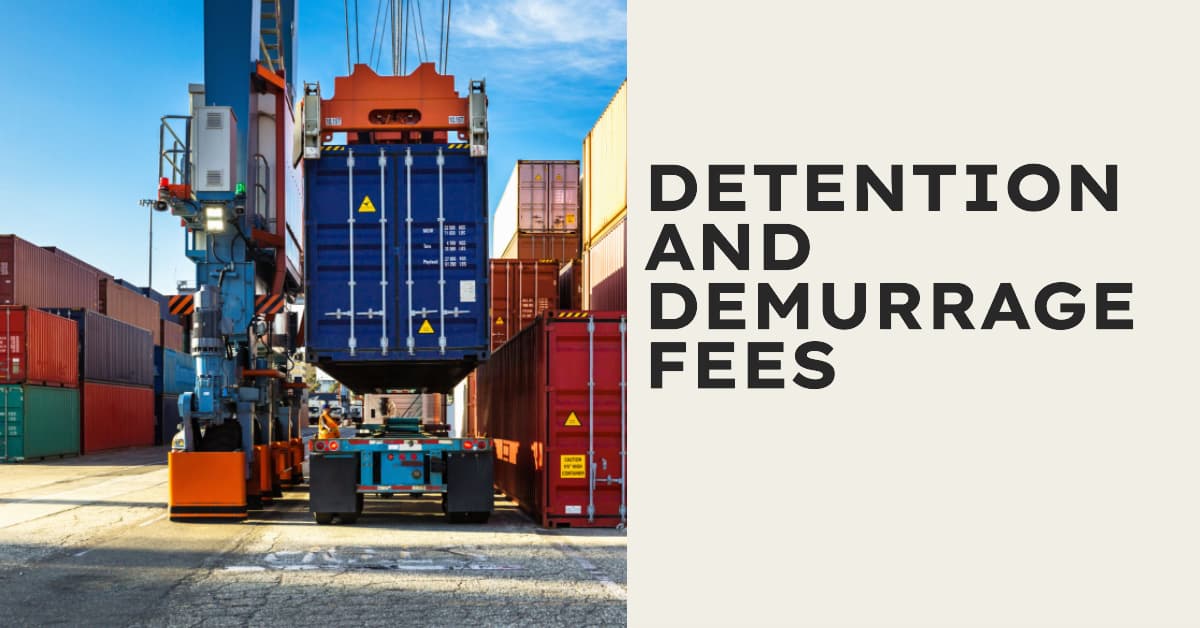
Detention and demurrage are two terms that significantly influence the global shipping industry, yet they often remain obscured in complexity. With global trade on the rise, it becomes vital for […]
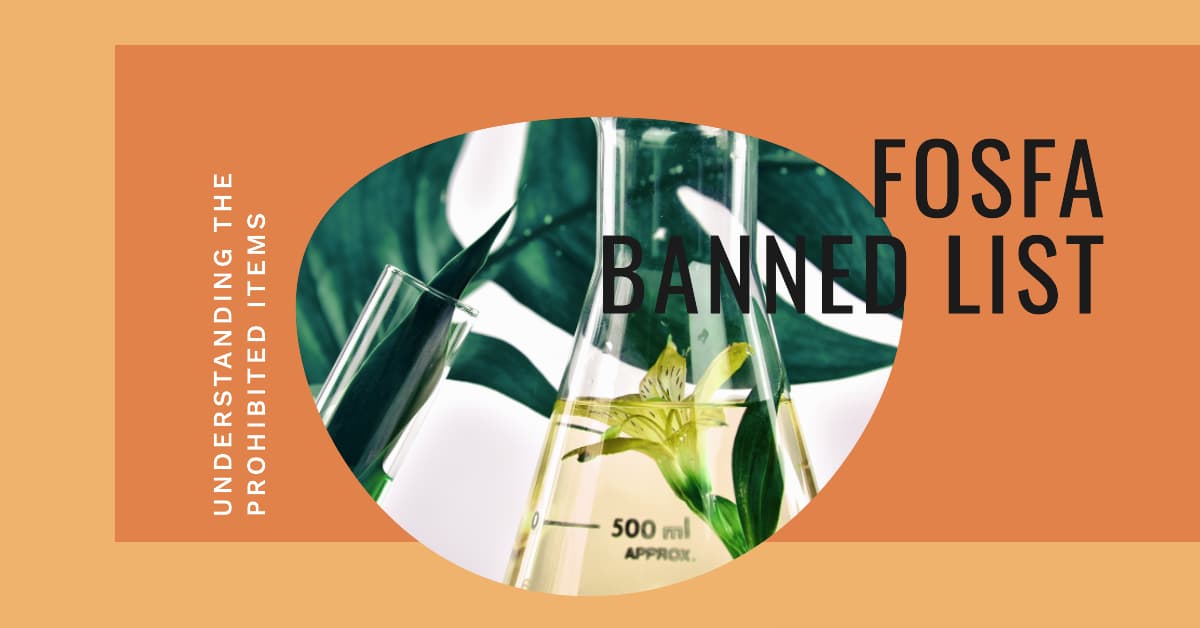
Welcome to the world of FOSFA, the Federation of Oils, Seeds and Fats Associations. They’re the global voice of the oilseed, oil, and fats industry, setting the standards for the […]
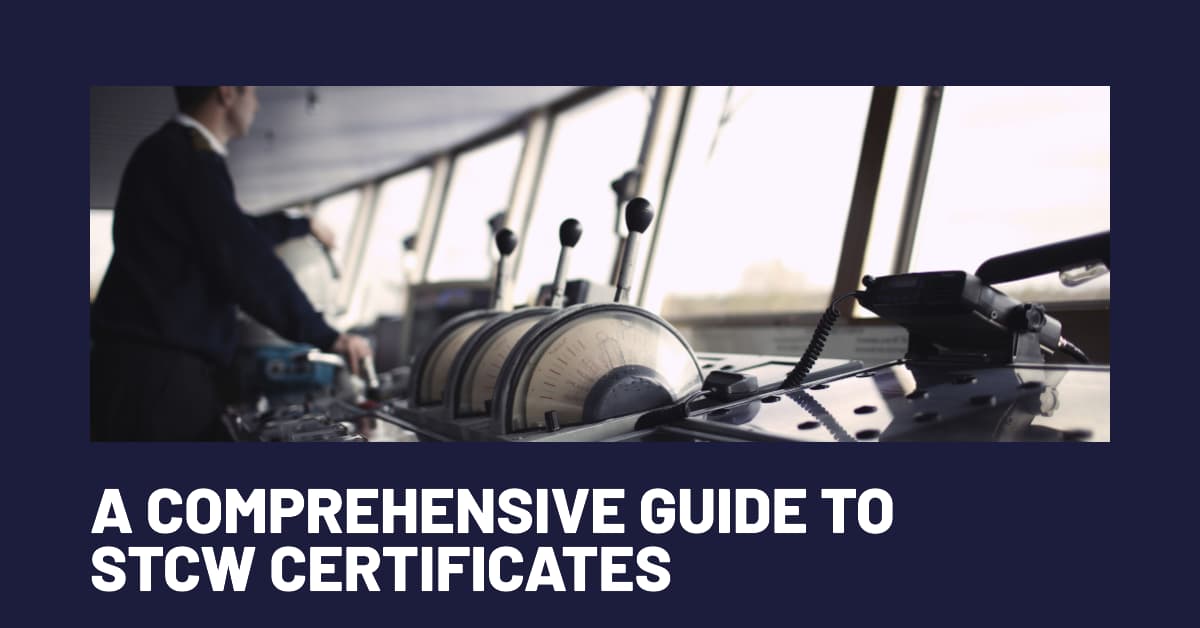
An STCW certificate is a document that proves a seafarer has met the minimum training requirements set by the International Convention on Standards of Training, Certification, and Watchkeeping for Seafarers […]